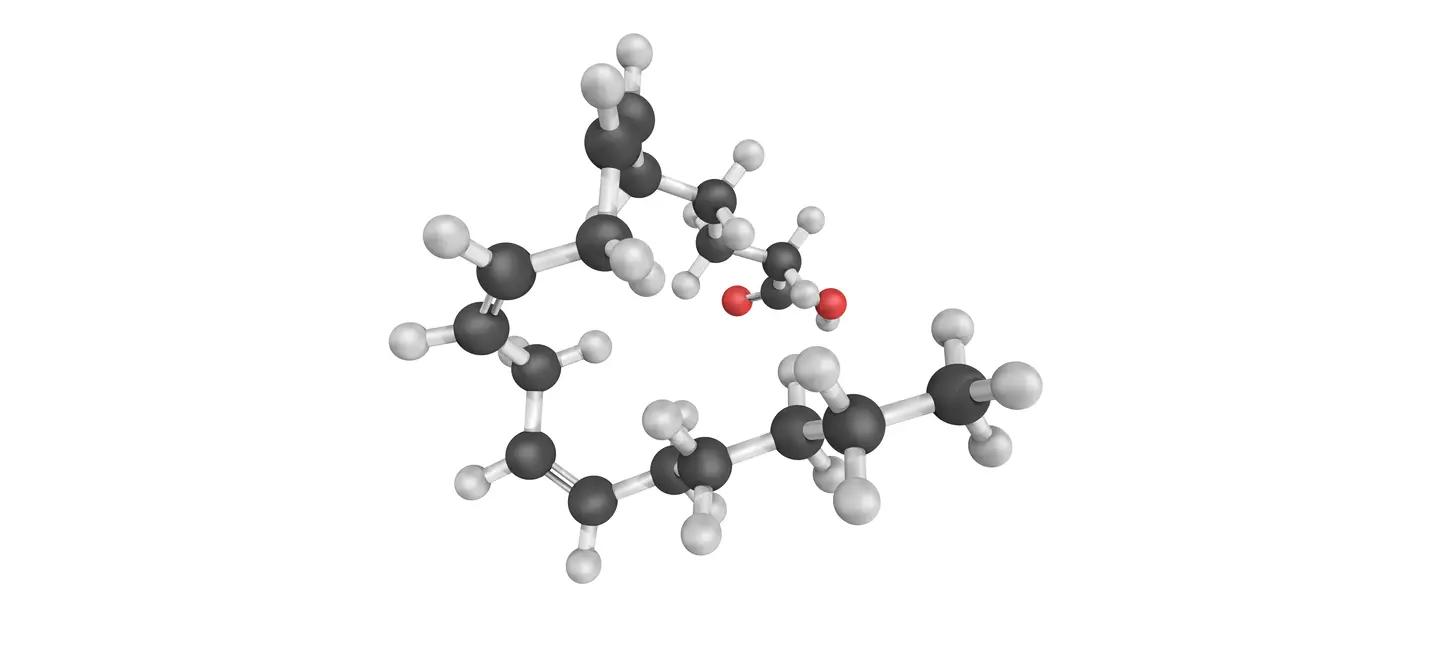
Gamma-linolenic acid (GLA) is an omega-6 fatty acid. It's found in various plant seed oils such as borage oil and evening primrose oil.
Omega-6 fatty acids such as GLA are found everywhere in the body. They help with the function of all cells. The body converts GLA to substances that have anti-inflammatory and anticancer effects.
People use GLA for eczema, asthma, arthritis, high blood pressure, nerve pain related to diabetes, and many other conditions, but there is no good scientific evidence to support most of these uses.
Don't confuse GLA with black currant, borage, or evening primrose oil. These seeds contain GLA but are not the same. Also don't confuse GLA with other omega-6 fatty acids or other sources of omega-6 fatty acids such as flaxseed oil.
Is It Effective?
NatMed Pro rates effectiveness based on scientific evidence according to the following scale: Effective, Likely Effective, Possibly Effective, Possibly Ineffective, Likely Ineffective, Ineffective, and Insufficient Evidence to Rate.
- Nerve pain in people with diabetes (diabetic neuropathy). Taking GLA by mouth might reduce symptoms of nerve damage in people with nerve pain due to type 1 or type 2 diabetes. GLA seems to work better in people with well-controlled blood sugar.
- Eczema (atopic dermatitis). Taking GLA by mouth does not improve itchy or dry skin in people with eczema.
There is interest in using GLA for a number of other purposes, but there isn't enough reliable information to say whether it might be helpful.
Is it Safe?
When taken by mouth: GLA is possibly safe when used in doses of up to 2.8 grams daily for up to one year. It can cause side effects such as soft stools, diarrhea, belching, and gas.
Special Precautions & Warnings:
Pregnancy and breast-feeding: There isn't enough reliable information to know if GLA is safe to use when pregnant or breast-feeding. Stay on the safe side and avoid use.
Bleeding disorders: GLA might slow blood clotting. This might increase the risk of bruising and bleeding in people with bleeding disorders.
Surgery: GLA might slow blood clotting. This might increase the risk of extra bleeding during and after surgery. Stop taking GLA at least 2 weeks before a scheduled surgery.
Medications that slow blood clotting (Anticoagulant / Antiplatelet drugs)
Interaction Rating=Moderate Be cautious with this combination.
GLA might slow blood clotting. Taking GLA along with medications that also slow blood clotting might increase the risk of bruising and bleeding.
Herbs and supplements that might slow blood clotting: GLA might slow blood clotting and increase the risk of bleeding. Taking it with other supplements with similar effects might increase the risk of bleeding in some people. Examples of supplements with this effect include garlic, ginger, ginkgo, nattokinase, and Panax ginseng.
There are no known interactions with foods.
GLA has most often been used by adults in doses of 320-480 mg by mouth daily for up to one year. Speak with a healthcare provider to find out what dose might be best for a specific condition.
Acide Gammalinolénique, Acide Gamma-Linolénique, Ácido Gama Linolénico, AGL, Gamolenic Acid, GLA, Gammalinolenic Acid, Gamma Linolenic Acid, (Z,Z,Z)-Octadeca-6,9,12-trienoic acid.
Information on this website is for informational use only and is not intended to replace professional medical advice, diagnosis, or treatment. While evidence-based, it is not guaranteed to be error-free and is not intended to meet any particular user’s needs or requirements or to cover all possible uses, safety concerns, interactions, outcomes, or adverse effects. Always check with your doctor or other medical professional before making healthcare decisions (including taking any medication) and do not delay or disregard seeking medical advice or treatment based on any information displayed on this website.
© TRC Healthcare 2024. All rights reserved. Use and/or distribution is permitted only pursuant to a valid license or other permission from TRC Healthcare.
